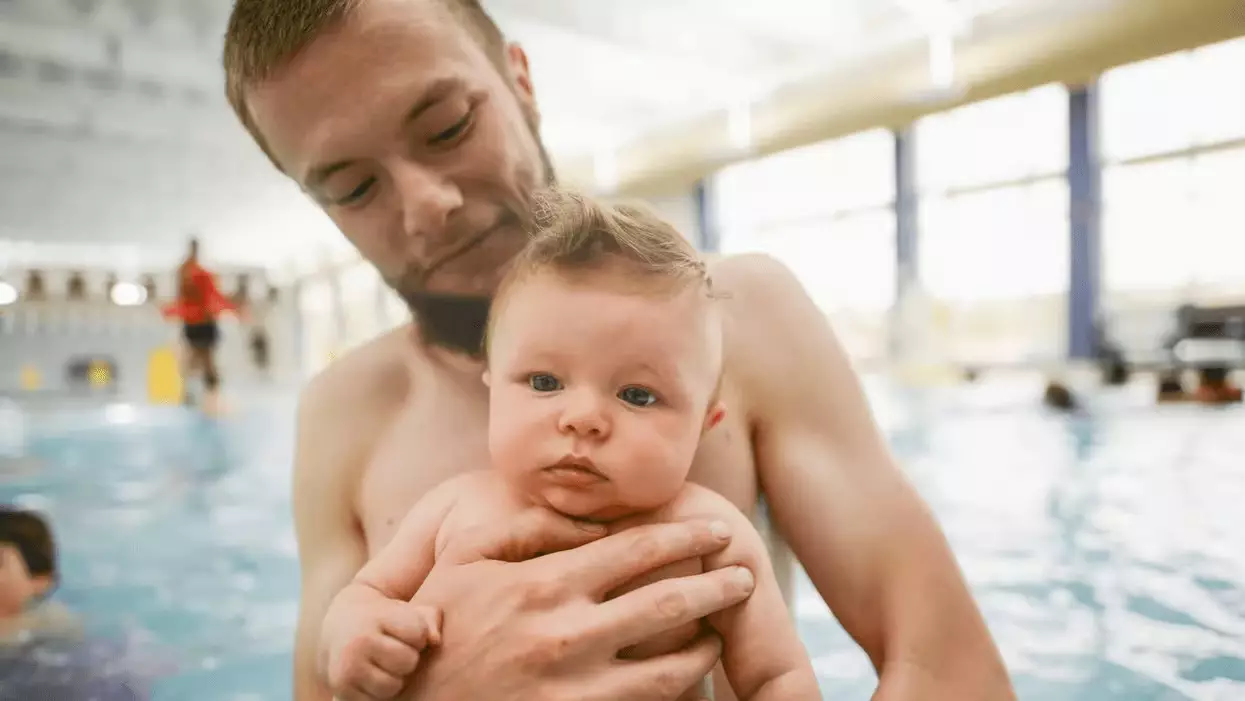Swimming is not merely a leisure activity; it is a vital life skill that children should acquire at an early age. The importance of teaching kids to swim extends beyond just enabling them to splash around in pools or oceans; it fundamentally equips them with the necessary skills to protect themselves in potentially dangerous situations around water. This raises a crucial question for parents: When is the right time to start swimming lessons?
Starting Young: Guidelines from Experts
According to the American Academy of Pediatrics (AAP), children can start swimming lessons as early as one year old. This recommendation signifies that children can benefit from formal swim lessons once they have reached this developmental milestone. Parents may consider celebrating their child’s first birthday with a swim class rather than a typical birthday cake. However, it is essential to recognize that children develop at various rates. Therefore, some children may not be ready by age one, and waiting until age four is also a responsible choice.
While many parents are eager to enroll their toddlers in infant self-rescue swimming programs, the AAP emphasizes that there is no concrete evidence proving that such lessons for children under one year significantly reduce drowning risks. Despite this, parent-and-baby water programs can help familiarize families with aquatic environments, serving as a prelude to formal lessons that eventually enhance safety around water.
Understanding Child Readiness and Individual Circumstances
The decision to start swimming lessons is profoundly personal and should be based on multiple factors, including the child’s exposure to water, emotional maturity, and any health issues that might affect their ability to learn swimming skills. The AAP underlines the significance of individualized assessment rather than adopting a one-size-fits-all approach to swimming lessons. Parents should ensure that any decision they make considers their child’s specific circumstances and readiness.
Moreover, it’s imperative to recognize that swimming lessons at any age do not offer a foolproof solution against drowning. The AAP stresses that constant adult supervision remains paramount. The reality is that young children, particularly those aged one to four, are frequently at risk due to unanticipated access to water. Their natural curiosity often leads them toward water sources when least expected, making vigilant supervision non-negotiable.
Creating Safe Water Environments
For families with pools, establishing safety measures cannot be overstated. A four-foot, four-sided isolation fence with a self-closing and self-latching gate should be installed to separate the pool from the house and yard. Such barriers play a critical role in reducing accidental drownings. Parents are also encouraged to keep essential safety equipment, such as U.S. Coast Guard-approved life jackets and rescue tools, readily accessible.
When visiting places with pools or hot tubs, custodians of children should assess the environment critically—evaluating whether barriers, like sliding door locks or functioning pool fences, are in place. Ongoing supervision is also essential, emphasizing the need for adult vigilance during family outings.
Furthermore, the AAP recommends parents become CPR certified to prepare for emergencies. During social gatherings involving pools, adults should take turns as “designated watchers,” ensuring that they remain focused entirely on supervising children’s activities in and around the water.
Teaching Lifelong Safety Skills: A Worthy Investment
Diving into water safety also encompasses education about staying away from bodies of water throughout the year, including icy surfaces in winter. The message here is that safety should be paramount at all times, encouraging good habits that last a lifetime.
Swimming lessons may present a financial hurdle for some families, but many community pools offer scholarship programs aimed at making these lessons accessible to all. Parents should explore these options; affordable swimming lessons can be a fantastic investment in their child’s safety and wellbeing.
To elevate the value of swimming lessons, parents might even consider them as thoughtful gifts for a child’s first birthday. Giving the gift of swimming classes is both practical and impactful, potentially saving lives while also offering a fun, social experience for children.
In our quest to protect our little ones, prioritizing swimming lessons can transform a seemingly simple activity into a vital lifeline. By equipping them with these crucial skills, we not only help to enhance their confidence in the water but also forge a pathway toward lifelong safety and enjoyment.

